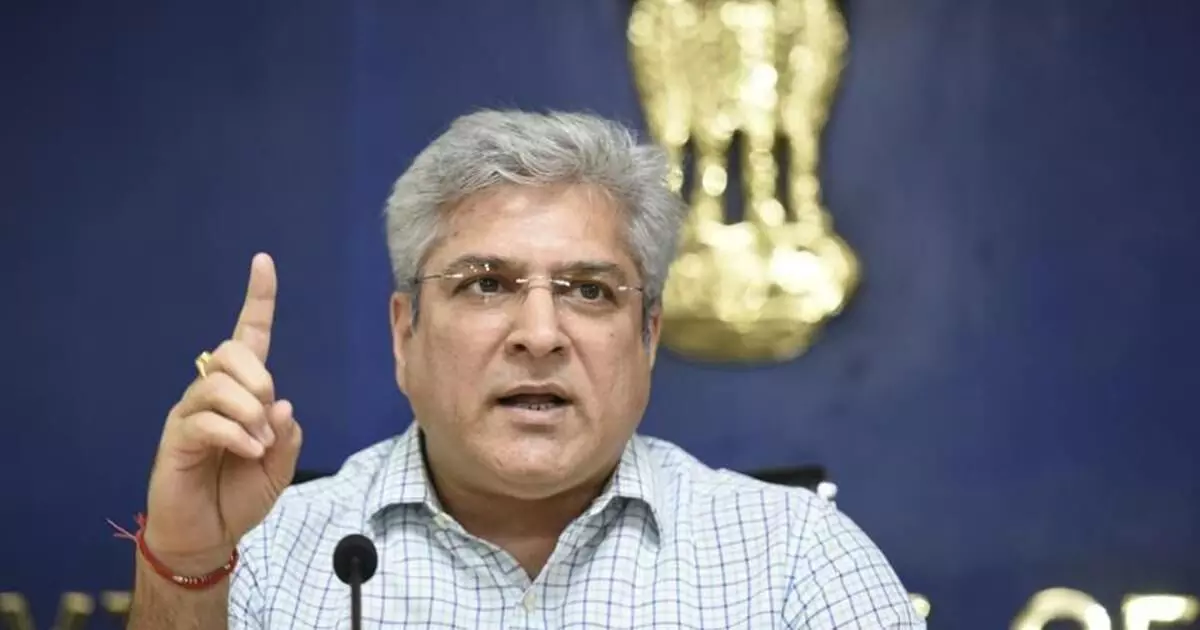Mohalla Buses: Bridging gaps, building futures
Kailash Ghelot, Delhi's Transport Minister, said, "This model is a pioneer in bringing public services to the doorstep of it's citizens. These buses are setting new benchmarks in not just sustainability, but also accessibility & affordability in public transport!".

New Delhi: In a significant stride towards enhancing urban mobility and social inclusion, the Aam Aadmi Party (AAP) government in Delhi has launched the Mohalla Buses initiative. Inspired by the success of Mohalla Clinics in revolutionising healthcare accessibility, these buses aim to cater to the short-distance travel needs of Delhi’s neighborhoods.
Kailash Ghelot, Delhi's Transport Minister, said, "This model is a pioneer in bringing public services to the doorstep of it's citizens. These buses are setting new benchmarks in not just sustainability, but also accessibility & affordability in public transport!".
“The Mohalla Buses initiative aims to address the short-distance travel needs of Delhi’s neighbourhoods, similar to how Mohalla Clinics revolutionised healthcare,” stated AAP officials. These buses will operate on routes through densely populated areas, providing residents with a reliable mode of transport for daily chores, work commutes, and other local journeys. This initiative underscores AAP’s commitment to improving the daily lives of Delhi’s residents and reflects a realisation of Dr. B.R. Ambedkar’s vision of social justice, equality, and empowerment for all. Despite facing political challenges, AAP remains steadfast in its efforts to bridge the socio-economic divide through accessible public transport solutions. Designed to serve areas lacking adequate public transport connectivity, the Mohalla Buses will facilitate easier access to workplaces, schools, markets, and essential services. By covering these gaps, the initiative aims to reduce travel time and enhance convenience for commuters across the city.
“The fare structure for Mohalla Buses is kept affordable, ensuring it remains a cost-effective option for daily commuters,” AAP officials emphasised. This affordability aims to increase savings for residents, particularly benefiting economically weaker sections of society. In line with Dr. Ambedkar’s emphasis on participatory democracy, the Mohalla Buses initiative solicits public feedback and addresses the community’s transportation needs. This approach fosters community involvement and enhances trust in public institutions. Moreover, the expansion of the bus network is expected to generate employment opportunities across various roles, from drivers to administrative staff. This move is set to bolster the local economy and support livelihoods within Delhi’s communities.
The initiative also promises to boost local businesses by improving public transport connectivity, thereby increasing footfall in markets and supporting economic activity at the grassroots level. This aligns with broader goals of economic vibrancy and sustainable development. Environmental benefits are also anticipated as the use of public transport reduces reliance on private vehicles, leading to lower carbon emissions and a smaller environmental footprint. This supports AAP’s commitment to promoting sustainable living practices and combating climate change.



